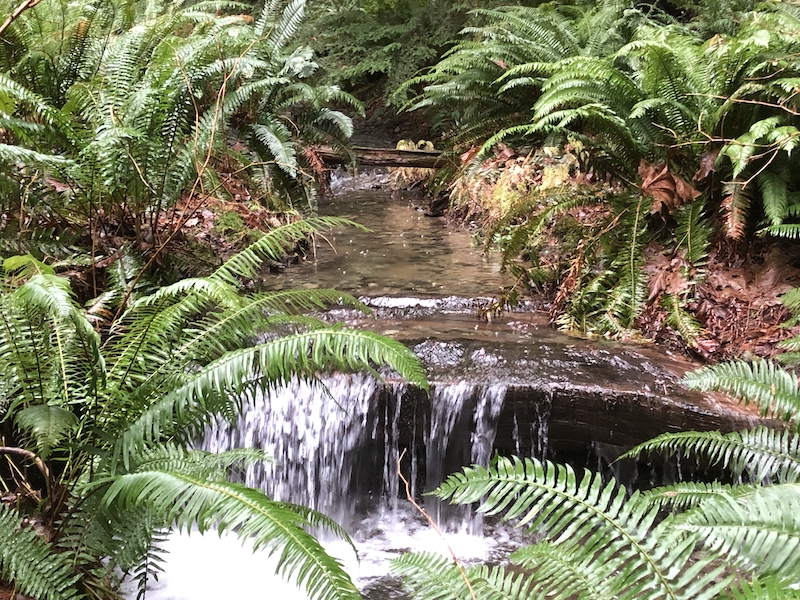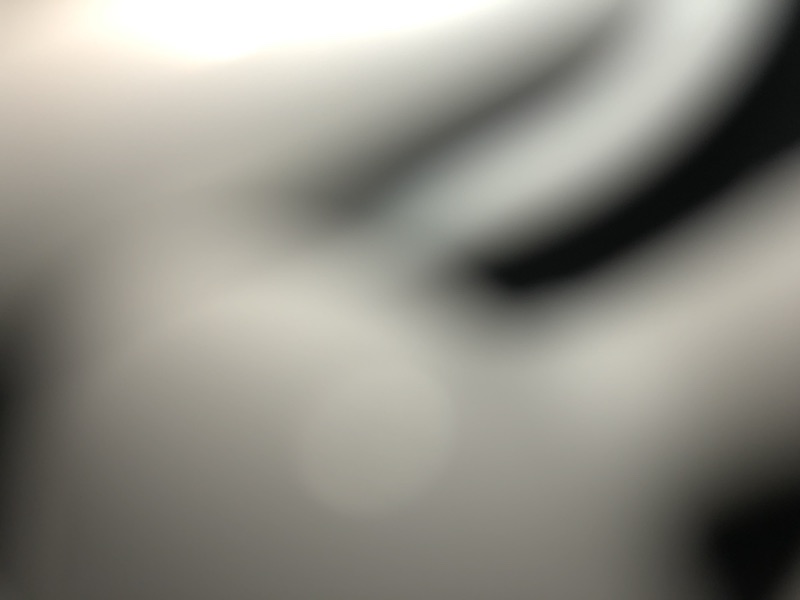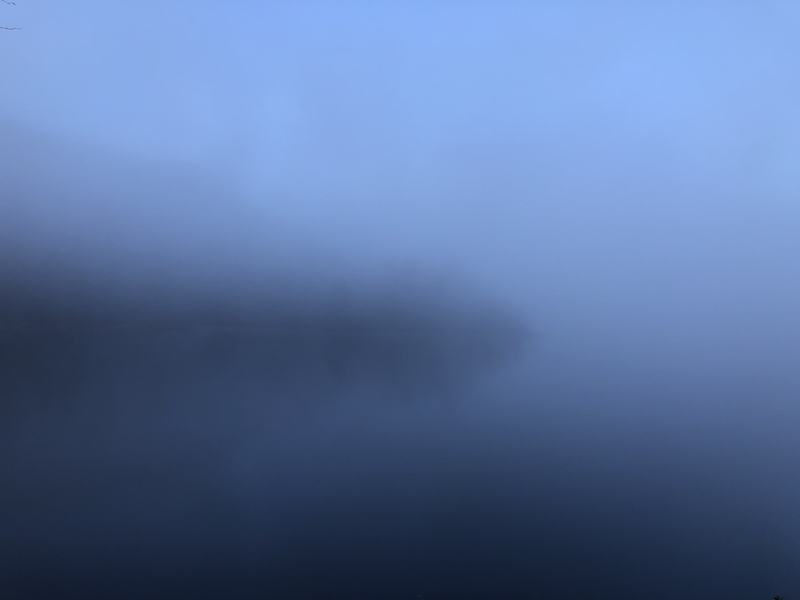
I’ll be away for a couple of weeks, so here is the last set of links for the year. Happy New Year. I am worried about democracy these days. Our electoral politics are ravaged by social media manipulation, an absence of policy discussion, and the influence of money. Governance affords very little opportunity for meaningful citizen participation. Harold Jarche is worried too, and in this pots he tackles the question of how to save democracy head on. Our institutions are failing us. They were designed for the age of print, not an electrically connected one. We need new structures and …

Many times when clients contact me they ask if I can help them come to consensus or alignment on their shared purpose or desired outcomes. They expect facilitation will help them to do this. Sometimes this is a good idea. If we are working in a highly constrained project, like building a new building, getting everyone on the same page is important. But it’s also easy. All you have to do is bring in the experts, design a good implementation plan for a good solution and have project managers keep everyone on track, step by step. Most organizations are good …

I’m moving these posts to Monday morning and will try to provide a theme each week to connect the five links. Enjoy. Dave Snowden’s 12 Shibboleth’s of Christmas Back in 2015, Dave Snowden took on 12 aspects of organizational and corporate culture that were basically enemies of complexity thinking. The list is still very valuable these days. In each post Dave offers the problem and the way complexity theory helps you do better. Evaluation and complexity – lesson from 5 big evaluations in the UK I’ve recently found the blog of Marcus Jenal, who is yet another guy who is …

Things change in different ways. A couple of weeks ago, I took a deep dive into Glenda Eoyang’s Human Systems Dynamics, learning about her theory of complexity and getting my hands on the tools and methods that HSD uses to work in complex adaptive systems. (The tools are very good by the way, and highly recommended as ways to both get a good introductory grasp on complex problems, and work within those contexts to make decisions and lead). One of the useful ways of looking at things concerns the kinds of change that happen, and if you’ve been reading …

Some interesting links that caught my eye this week. Why Black Hole Interiors Grow (Almost) Forever Leonard Susskind has linked the growth of black holes to increasing complexity. Is it true that the world is becoming more complex? “It’s not only black hole interiors that grow with time. The space of cosmology grows with time,” he said. “I think it’s a very, very interesting question whether the cosmological growth of space is connected to the growth of some kind of complexity. And whether the cosmic clock, the evolution of the universe, is connected with the evolution of complexity. There, I …

